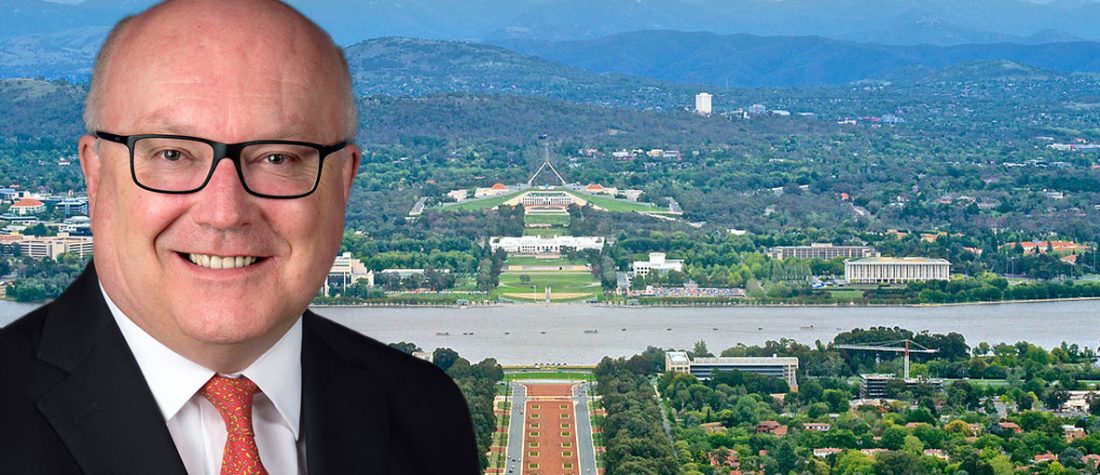It is always better to leave politics at a time of your own choosing. Very few do, because politics is such an exciting career that most people cannot bear to let go. I had reached the highest office I could aspire to (leader of the Senate), and I had been attorney-general and, before that, the shadow attorney-general, for ten years. In my final year, I led two very important law reforms: marriage equality, and reform of Australia’s national security law relating to foreign interference. So I had a perfect opportunity to go out on a high, and I took it. It wasn’t an easy decision, but it was certainly the right one – much better than the way most political careers finish.
There are similarities and differences between my previous jobs and my current one. I am still a public figure, and still closely involved in policy at the highest level. But there are important differences too: I am an observer and an interpreter of events, rather than a protagonist. So there is less adrenaline. It’s a bit like being a professional sportsman who retires as a player and becomes a commentator.
Every day is different. There have been many good days, among them my visit to Portsmouth with the Australian prime minister Scott Morrison for the 75th anniversary of D-Day commemorations. The most difficult was the day of the Christ Church massacre. The grief that we at Australia House felt for our New Zealand kinsmen was palpable. It was made worse by the fact that the killer was an Australian.
There are two big issues facing the world today that are related. The rise of protectionism, and the fraying of the rules-based international order that has been the mainstay of the post-war state system.
I want to achieve a lot of things, but at the top of the list is securing a broad and deep free trade agreement between our two countries, when you achieve Brexit. Both governments are committed to it, so the political will is there. It makes sense for both in economic terms, and it will be a tangible achievement to which the UK government will be able to point in the immediate post-Brexit period.
Indigenous people have lived in Australia for many millennia, but modern Australian history began with a British project – the settlement at Botany Bay in 1788. The federation of the Australian colonies in 1901 to constitute a new nation, the Commonwealth of Australia, was brought about by an act of the British Parliament. So, for almost 250 years, we have had a shared history.
I heard someone say recently that Australia is the most successful thing Britain ever did. More than two-thirds of Australians trace their ancestry to the British Isles. We have a common language, common law and similar institutions. We have common values and interests, and enormous affinities in culture and lifestyle as well – of which nothing is more emblematic than The Ashes. We have a similar sense of humour (admittedly, yours is a little more subtle, ours a little more sardonic). But perhaps most important are the people-to-people links. More than a million of our 25 million population are British citizens: more Britons live in Australia than on continental Europe.
As David Cameron said in his address to the Australian Parliament a few years ago, “There is no country in the world to which I travel, which feels more like visiting family.”


